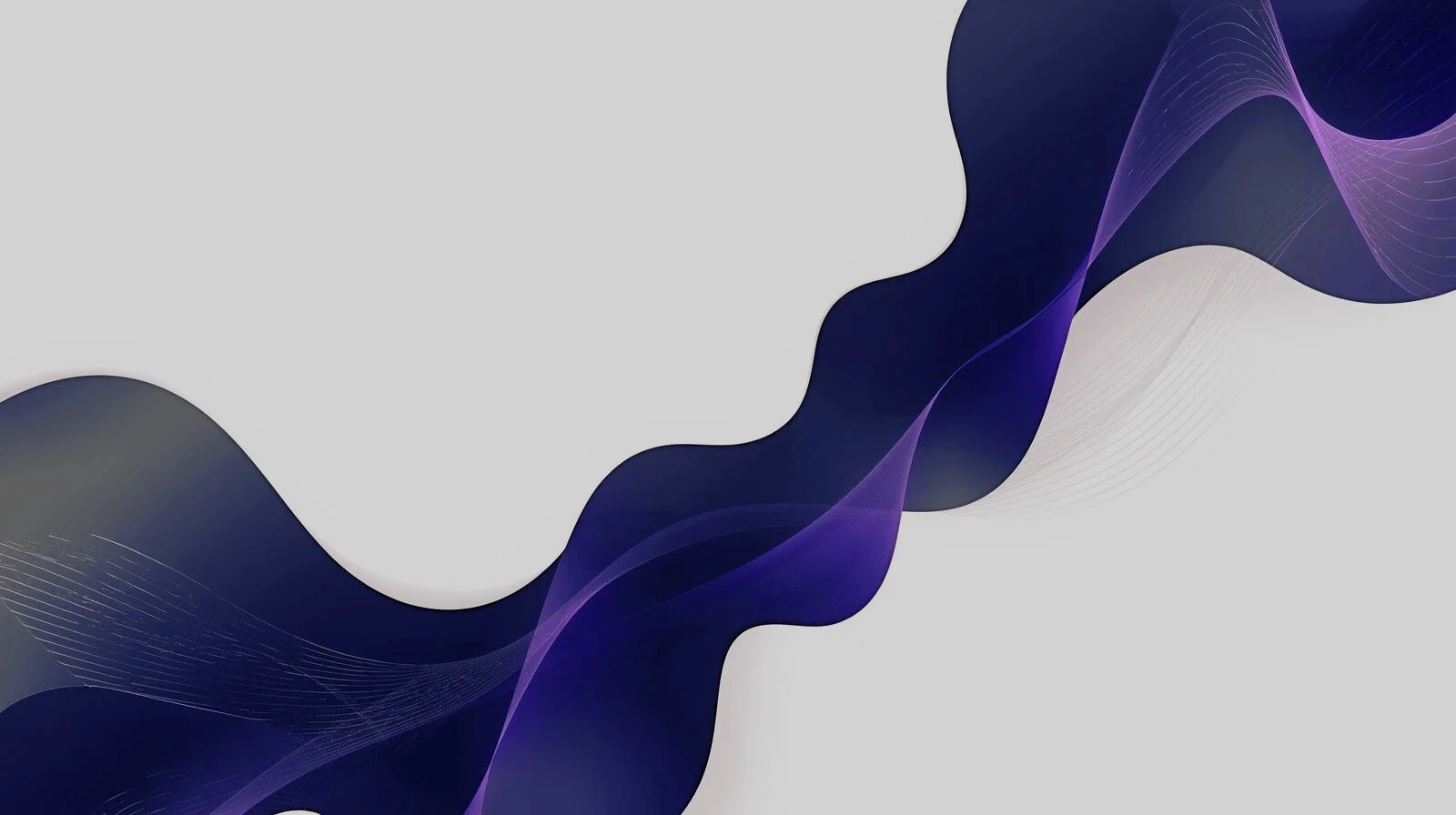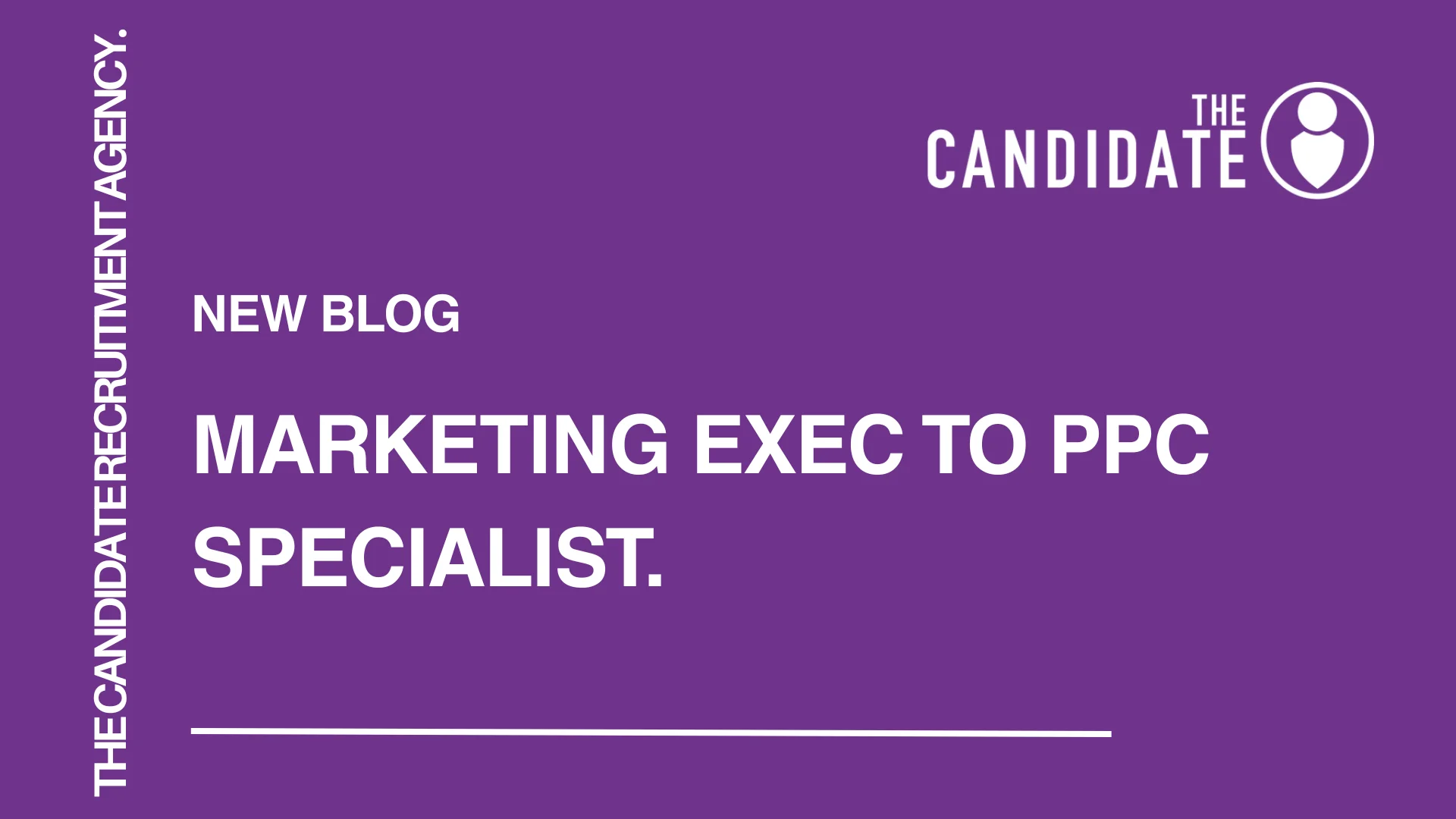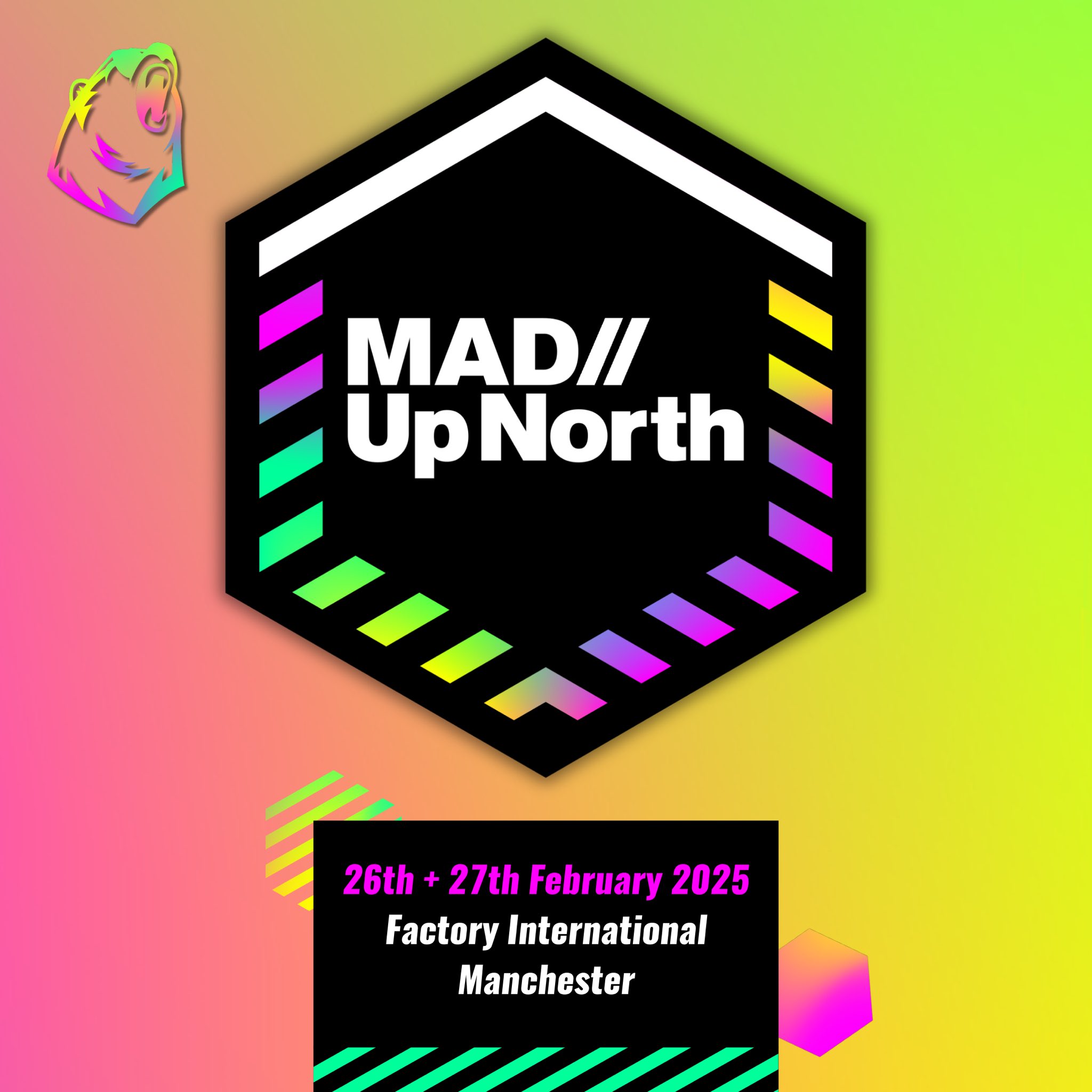There’s no surprise that this year’s theme for the Fjord Trends is mapping out new territory. With the high levels of uncertainty and vast amount of adaptation that 2020 demanded, this year will need to focus on solving new and emerging challenges in a reflexive and innovative way. Andrew Finslayson, Senior Transformation Executive at Accenture, talked us through three of his favourite and most exciting trends as part of the Manchester Digital Member Conference.
Fjord TrendsAndrew FinslaysonAccentureCollective Displacement
As a society, we have undergone a drastic amount of change over the last 12 months or so. Our places have changed – with huge amounts of people moving out from the cities into the countryside or suburbs in search of space now that remote working has become prevalent. Our activities have changed – instead of physical events, we are all experts at zoom quizzes and digital conferences. Even our sense of community has changed – we are now more isolated, our often large and varied social circles reduced to tiny bubbles.
But what does this mean for businesses? Well, it has shifted the focus from where, to who.
The emphasis is now strongly on the user, which means information gathering is more important than ever. Tailoring digital experiences to customers to surprise and delight them from a distance is the main challenge for businesses in 2021. By offering customers or clients an immersive experience through advancing technology is a great way to differentiate and stay relevant in this dynamic and rapidly changing environment. An example of this is the Virtual Mall Experience by K11 in Hong Kong, where customers were able to 'walk' around the mall from the comfort of their own homes - merging the line between retail and e-commerce.
Virtual Mall Experience by K11 in Hong Kong
Interaction Wanderlust
2021 has ushered in a new standard of aesthetics. We spend more time than ever online, which has inevitably caused increased screen fatigue. Standing out and offering new and exciting interactions with digital content is vital to break through this level of lethargy. Innovating in ways to remove touch as a component of interaction is now a hugely important consideration for businesses – what was once the height of sophistication, having a tablet as a consumer touchpoint (quite literally!), now feels risky. Also, professional amateur content is thriving (just think of the viral TikTok accounts run by huge companies), which means that subject matter is now more important than production value, largely due to the fact that almost anyone can access professional equipment and editing tools.
A way that businesses can take action on these points is through entertainment.
Gamification, fun, and engaging user experiences turn the expected into something memorable. A lot of businesses have been utilising QR codes and VR in this way, reducing the need for touch of communal screens and creating something unique. Its important that businesses don’t feel restricted by templates, really push to try new approaches, and think what hasn’t been done yet (just like big brands such as Planet Money did early on with TikTok). Another example of the popularity in entertainment as a platform is the huge boom that Discord (a gaming platform streaming service where people can watch and interact with gamers and chat to each other) has experienced.
Planet Money did early on with TikTokhuge boom that DiscordRituals Lost and Found
The pandemic disrupted a lot of our familiar routines – the morning commute, lunchtime coffee run, after work drinks, weekend out partying… but in their place, new ones appeared. Walking the new dog before work, weekly virtual catch ups with friends, and even time to make all the sourdough and banana bread you could ever want. The anxiety brought on by the unprecedented changes we have experienced has put increased focus on mental wellbeing, with meditation apps being more popular than ever. Remote working, furlough, or even redundancy, has given many people the chance to reassess what is important to them – whether it’s a change in career, shift of work-life balance, or a shake up of spending habits, this change will be felt across the board.
So clearly, the understanding of consumers new habits and behaviours is key for businesses.
Tapping into the emotional side of ritualistic behaviour can lead consumers to develop a strong connection to a brand. In an increasingly isolated world, providing a sense of comfort and belonging can go a long way. A great example of this is how Starbucks write your name on the coffee cup – making it a personal and customised part of their customers (often daily) routine. Finally, by utilising emotional anchors (where we share important moments with others), brands can position themselves as a source of comfort for customers. A great example of this is how Klarna hosted an online music festival to make up for the ones that were cancelled during lockdown – providing music fans with an outlet to make up for their lost plans!
how Klarna hosted an online music festival
Thank you to Manchester Digital for a great virtual conference, and to Andrew Finlayson for a really enlightening talk! Let us know about any predications you have for upcoming trends this year!
Written by Natalie Metcalf, Marketing Assistant.
Natalie MetcalfRead our latest news here.
If you're looking for a new role, get in touch with us today!
get in touchLearn more about our marketing roles here.
here.Fancy a new analytics challenge? Click here!
Click here!Check out all our job opportunities in Technology here!
here!Check out our digital jobs here.
here.If it’s creative roles that you are after, click here.
Progress your career with a brand new Contract role? Click here!
Click here!
To get the very latest jobs, news and blogs follow The Candidate on Linkedin here!
The Candidate on Linkedin here!


